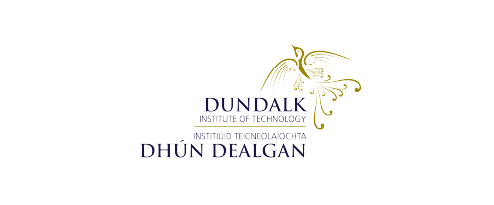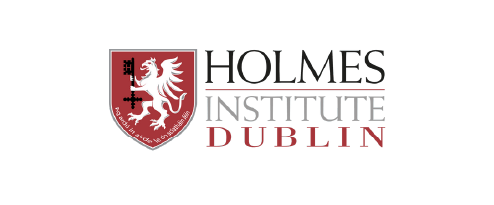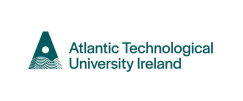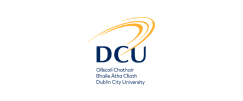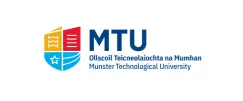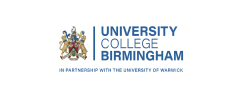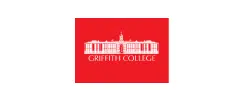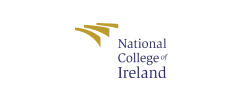Dublin
CapitalEnglish
Language+353
Dialing CodeEuro (€)
CurrencyApprox. 5 million
Population€15,000 per year*
Tuition Fees€1,200 per month*
Living ExpensesAutumn | Spring
IntakesWhy Study in Ireland?
Ireland is known for its high-quality education system, welcoming environment, and vibrant cultural heritage. The country’s universities are globally recognised for their research and innovation, offering a wide range of programmes in English. Ireland’s strong links with global industries, particularly in technology and pharmaceuticals, provide excellent opportunities for internships and employment. Additionally, the friendly and safe environment makes it an attractive destination for international students.
Benefits
Career Fairs
Regular fairs to help students connect with possible employers
Alumni Network
With great alumni network, find a graduate for mentorship
Sports Activities
Grow in different fields through various sport activities
Part-time Working
Work up to 20 hours per week during term and support your finances
Post-study Work Visa
Stay in Ireland for 2 years after completing graduation
Scholarships Available
Various financial aid options available for international students
Explore MetaApply Calculators
Eligibility Criteria
| Academic Qualifications | Equivalent to Irish secondary education for undergraduate programmes and relevant bachelor’s degree for postgraduate programmes. |
| Language Proficiency | Proof of English proficiency (IELTS, TOEFL). |
| Entrance Exams | Some programmes may require additional tests or portfolio submissions. |
Required Documents
| Completed Application Form | Specific to each university or through a centralised system (CAO for undergraduates). |
| Academic Transcripts | Official copies from all previous institutions. |
| Proof of Language Proficiency | IELTS, TOEFL, or equivalent scores. |
| Personal Statement | Detailing your motivation and goals. |
| Letters of Recommendation | From academic or professional referees. |
| Passport Copy | Valid for the duration of your stay. |
| Financial Documents | Evidence of sufficient funds to cover tuition and living expenses. |
VISA Requirements
| Letter of Acceptance | From a recognised Irish educational institution. |
| Proof of Financial Resources | Bank statements, scholarship letters, or financial sponsorship. |
| Health Insurance | Proof of health coverage for the duration of your stay. |
| Visa Application Form | Completed online or through the Irish Naturalisation and Immigration Service (INIS). |
| Passport | Valid for at least six months beyond the intended period of stay. |
| Accommodation Proof | Confirmation of housing in Ireland. |
Cost of Study in Ireland
| Tuition Fees | Varies by programme and university, generally €9,000 to €20,000 per year for undergraduate programmes and €10,000 to €25,000 per year for postgraduate programmes. |
| Living Expenses | Approximately €7,000 to €12,000 per year. |
| Health Insurance | Around €150 to €300 per year. |
| Books and Supplies | Around €500 to €1,000 per year. |
Please note: All information is sourced from web and the data may vary—kindly refer to official or government websites for the most accurate details.
Countries in Europe
Process of MetaApply
Frequently Asked Questions
The primary intake is in September, with some institutions offering additional intakes in January.
Yes, students can work up to 20 hours per week during the academic year and up to 40 hours per week during holidays.
Yes, numerous scholarships are available from universities, the Irish government, and other organisations based on merit and need.
After receiving a letter of acceptance from an Irish institution, you can apply for a student visa through the Irish Naturalisation and Immigration Service (INIS) online system.
Yes, health insurance is mandatory for international students, and proof of coverage is required for visa application and during your stay in Ireland.













